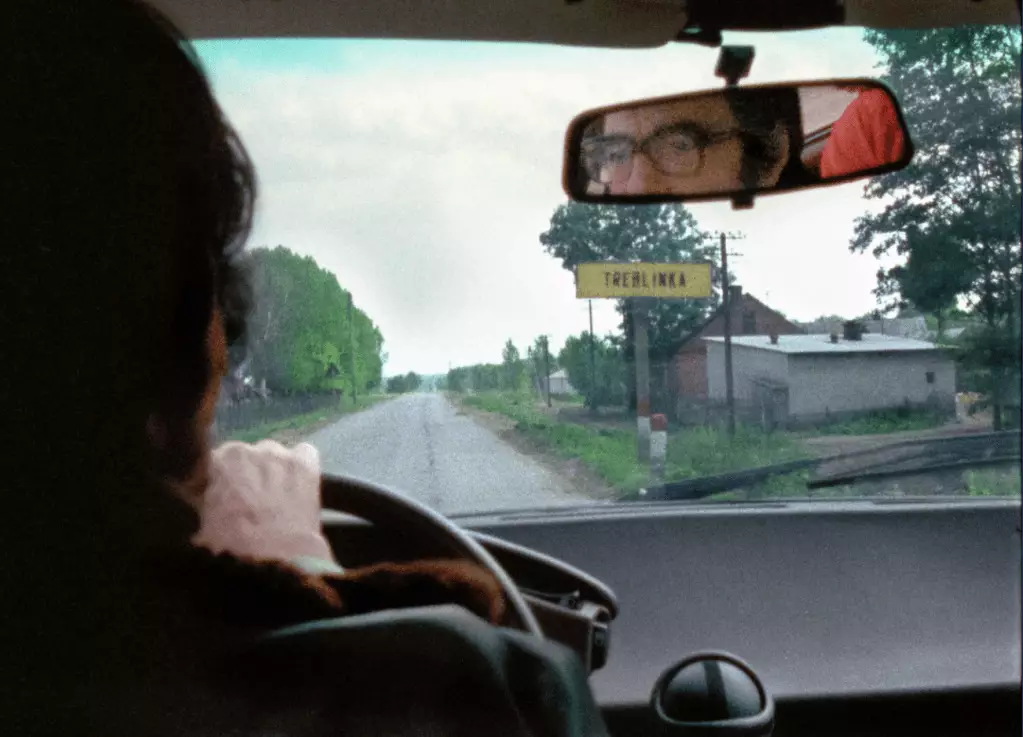This year, the Berlin Film Festival rekindles the conversation about the Holocaust and its representation in cinema by showcasing Claude Lanzmann’s groundbreaking documentary, Shoah. Originally released 40 years ago, this nearly ten-hour film remains an unparalleled exploration of the Holocaust, as it uniquely tells the stories of survivors, bystanders, and perpetrators from across fourteen nations. The significance of Shoah lies in its form; rather than relying on historical footage, Lanzmann chose to use extensive interviews to reanimate the raw emotional weight of the Jewish tragedy, revisiting the sites where atrocities were committed.
The festival’s decision to include Shoah in its programming serves as a poignant reminder of how art can reflect and shape our understanding of history. The use of personal testimonies not only preserves the memories of those affected but also provides an unsettling insight into human complicity and denial. As the Berlinale program aptly notes, the film’s absence of archival imagery demands viewers confront the narratives of those who lived through these harrowing experiences.
All I Had Was Nothingness: A Complementary Exploration
In tandem with the retrospective of Shoah, the Berlin Film Festival presents a new film titled All I Had Was Nothingness (Je n’avais que le néant), directed by Guillaume Ribot. This new documentary serves as both a tribute to Lanzmann and an exploration of his motivations and methods. One chilling segment includes an encounter wherein Lanzmann questions neighbors of a suspected war criminal, reflecting a broader societal ambivalence towards confronting the uncomfortable truths of the past. The neighbors’ reluctance to engage with their neighbor’s past serves as a powerful commentary on collective guilt and historical amnesia—a theme that persists in contemporary discourse.
Ribot utilizes Lanzmann’s own words drawn from his memoirs interspersed with previously unseen footage, crafting a narrative that honors Lanzmann’s dedication to revealing the hidden horrors of history. By marrying old and new narratives, the film emphasizes the importance of memory in Holocaust studies and illustrates how documentary filmmaking continues to evolve while addressing essential truths about humanity’s darker chapters.
The Cultural and Historical Significance of Shoah
In 2023, Shoah earned a place in the UNESCO Memory of the World Register, underscoring its status as a pivotal work in understanding the Holocaust. Lanzmann, who would have turned 100 this year, left an indelible mark on the world of documentary filmmaking before his passing in 2018. As celebrated for his intellect as he was for his creative vision, Lanzmann’s relationships with influential figures like Jean-Paul Sartre and Simone de Beauvoir enrich our understanding of the cultural context in which he worked.
In a time when misinformation and historical revisionism threaten to distort collective memory, the revival of Shoah highlights the vital role documentaries play in preserving history. The Berlin Film Festival’s homage to Lanzmann’s legacy invites audiences to not only reflect on the past but also engage critically with present narratives. Shoah represents more than just a historical documentary; it is a testament to the power of storytelling in the face of atrocity, illuminating the paths of memory for generations to come.

